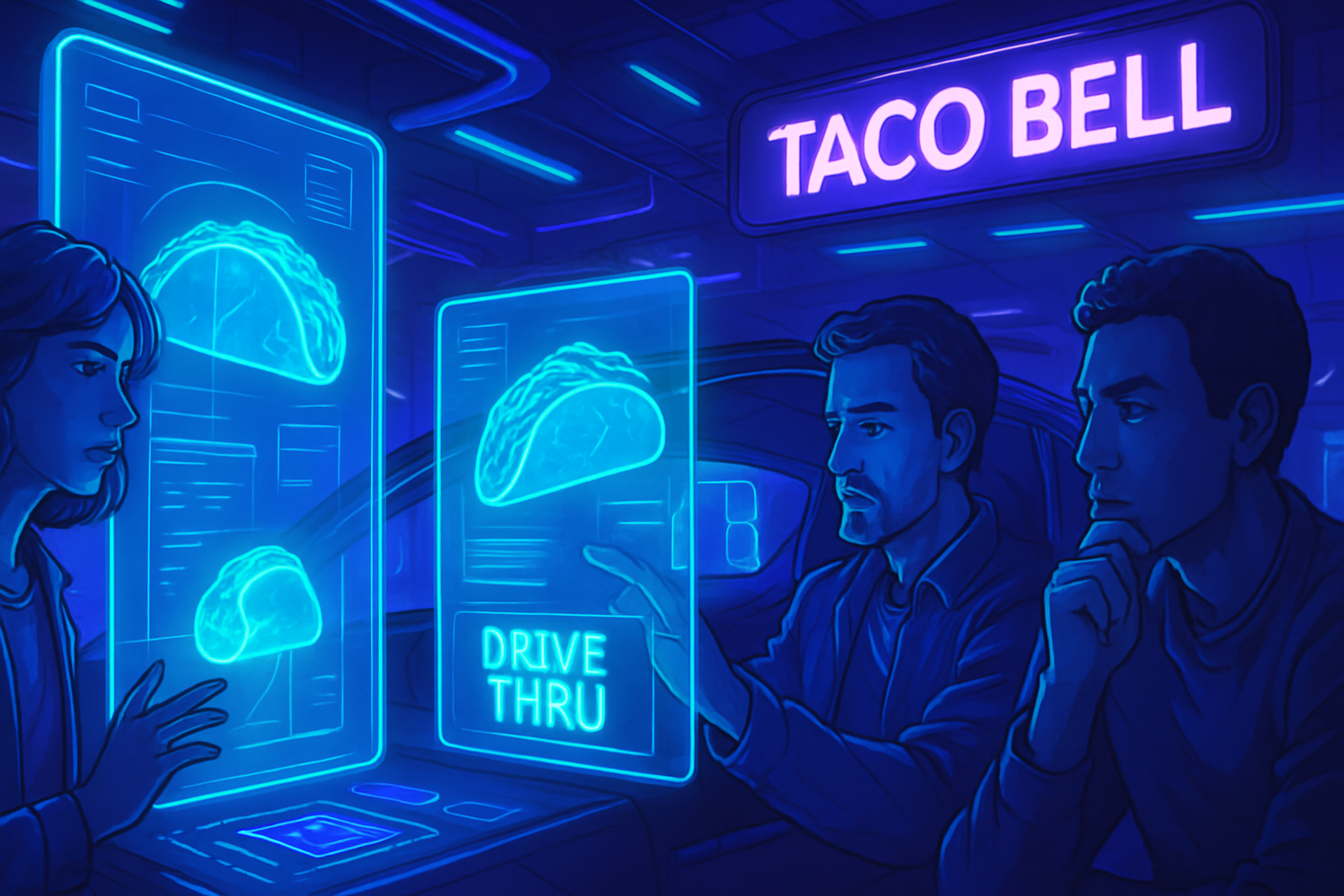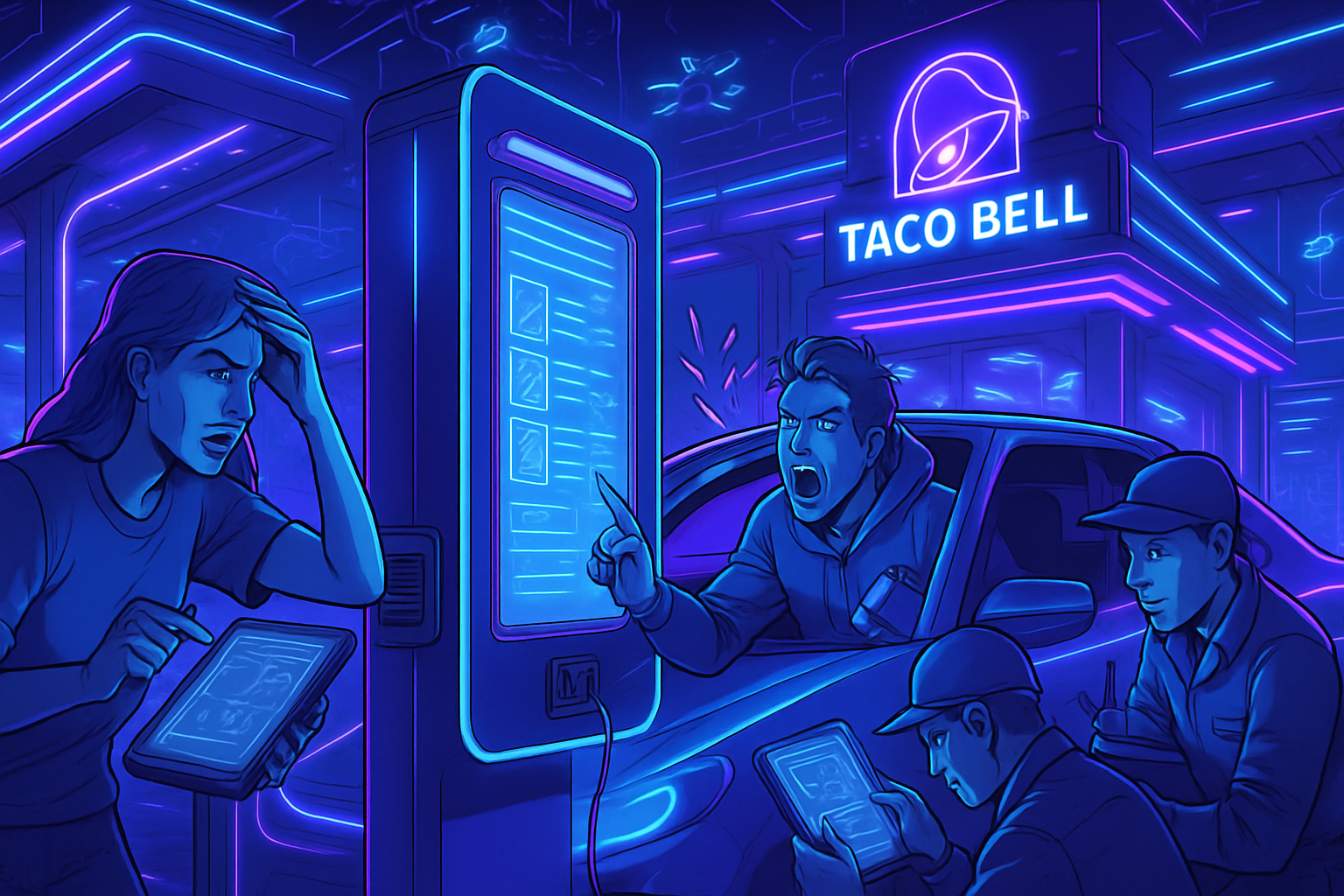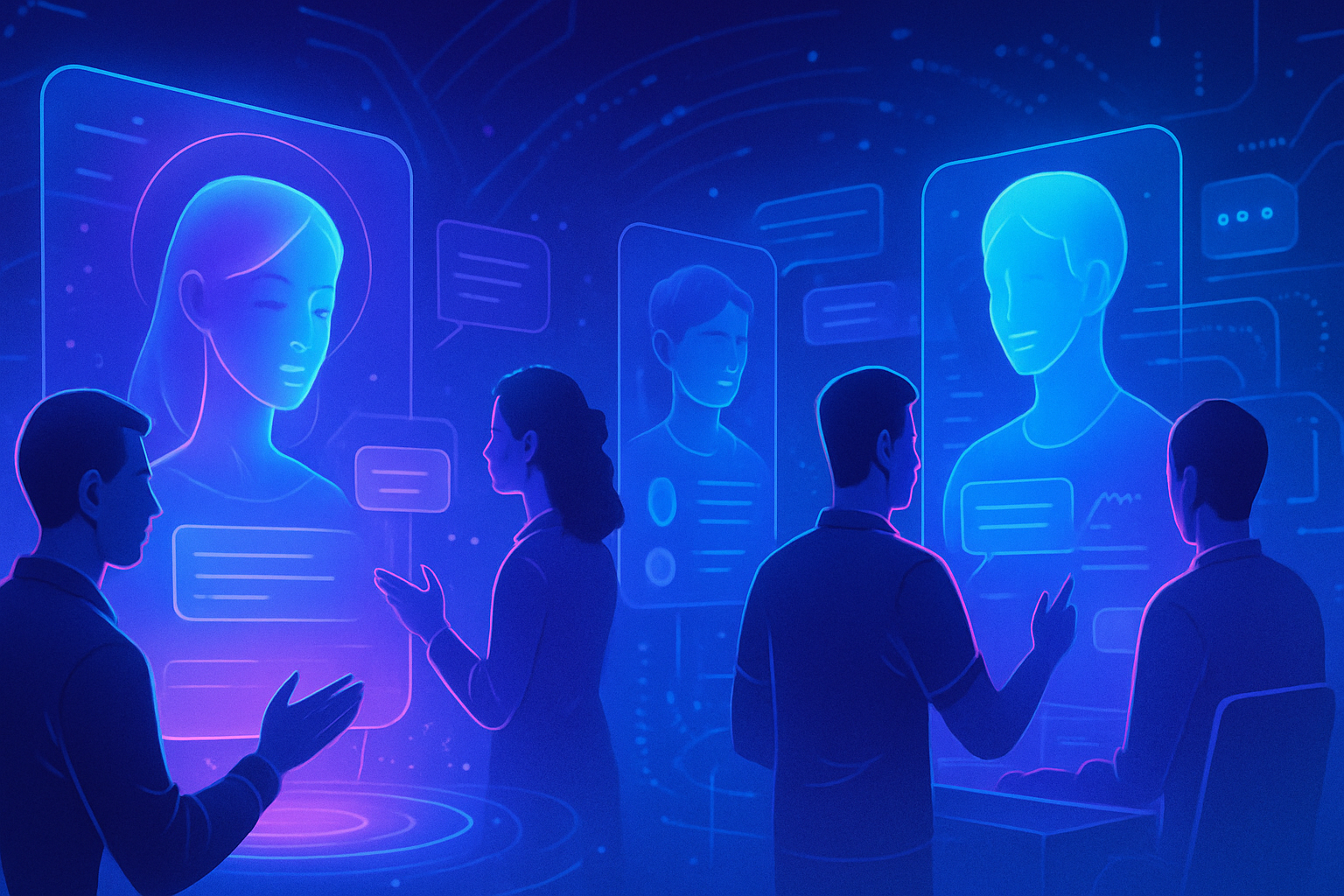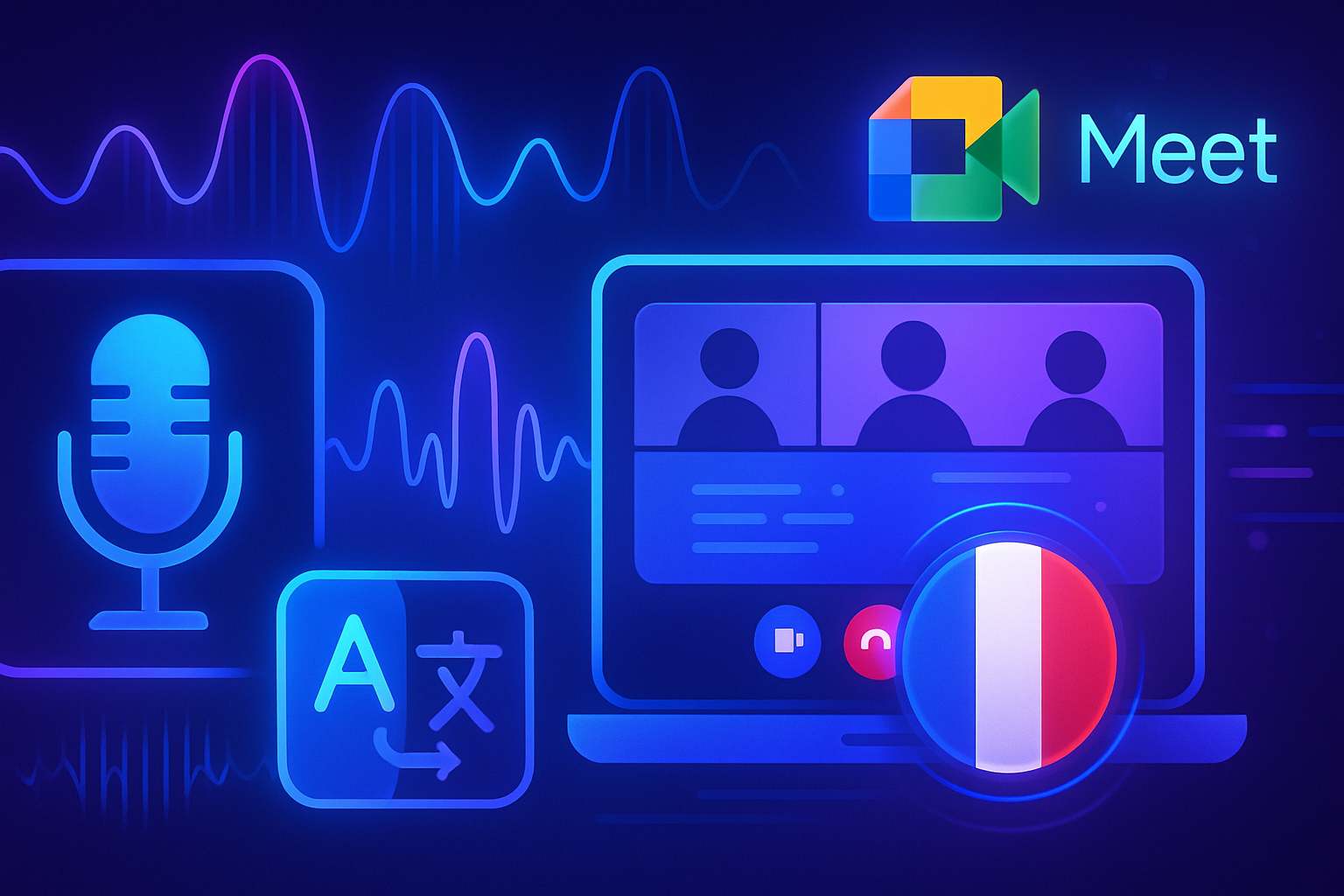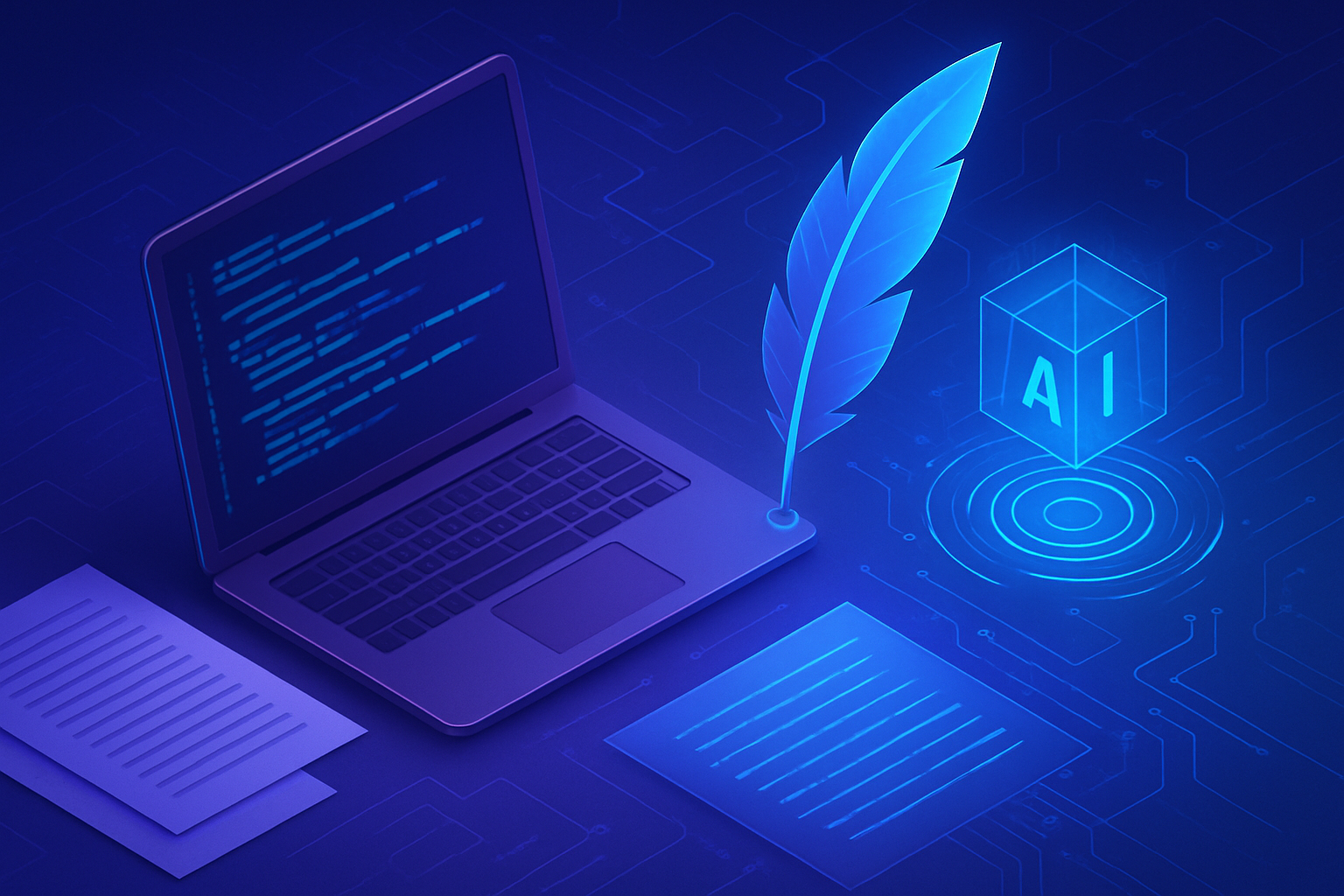The dominance of artificial intelligence is intensifying with the emergence of a revolutionary tool. Google, a recognized tech giant, is developing an AI agent capable of autonomously managing your computer. This advancement raises major concerns related to *security and privacy*. The implications of this innovation directly affect the user experience, facilitating complex tasks with *unprecedented efficiency*. The stakes of this technology challenge our dependence on digital systems.
Google and the Development of an AI Agent
A recent revelation indicates that Google is working on creating an artificial intelligence agent capable of using your computer on your behalf. This project, known as Project Jarvis, aims to allow the user to simply issue commands without requiring complex interaction with APIs.
Features of Project Jarvis
The AI agent will be integrated into the browser and will offer functionalities such as opening relevant web pages, filling out forms, and executing online purchases. This tool aims to simplify the search for information, allowing access to specific data in just a few clicks.
With such technology, it becomes possible to handle administrative tasks by entrusting the AI with the task of interacting with various platforms. Users will be able to easily compile data in readable tables or organize their travel reservations.
Intuitive Interface and Accessibility
The greatest asset of this system lies in its ability to make AI accessible to a wide audience. Users, even those without technological experience, will be able to take advantage of this intelligent assistant. It will simply require formulating straightforward requests, and the agent will execute the requested tasks.
Expansion of Features Beyond the Browser
Google’s ambitions go beyond just the capabilities of the browser. Rumors also involve Anthropic, another company that is considering developing an agent capable of directly interacting with the entire operating system. This advancement would allow commands like “open all my applications,” and the system would execute them without human intervention.
Security and Privacy Concerns
The launch of such an advanced tool raises significant concerns about security. Experts are questioning how Google will protect users’ sensitive data. Access to confidential information could lead to potential data breach risks.
The history of other similar technologies, such as the controversial feature of Microsoft, raises doubts. Users must have assurances that their privacy will be respected and that the agent will not be used to access unauthorized information.
Comparison with Existing Technologies
The AI platform of Claude, a model developed by Anthropic, also claims to offer similar capabilities. The Claude agent allows for web browsing and interaction with the operating system, directly competing with Google’s initiative. This development reflects a frantic race among tech giants to dominate the market for intelligent agents.
Future Implications of AI
Google’s project represents a dawn in artificial intelligence and could transform the way users interact with their systems. New standards might emerge, impacting not only individual productivity but also the entire computing industry.
Ultimately, advancements in this field will question the regulatory modalities and the ethical implications related to the automation of everyday tasks. Discussions around cybersecurity and data protection will become imperative to ensure a seamless integration of these technologies.
Global Perspectives on AI
The deployment of this type of agent raises questions about our growing dependence on technology. How users will accept an AI capable of performing tasks autonomously will define the boundaries of collaboration between humans and machines. Industry players, including Microsoft and other giants, also have a role to play in this ever-evolving landscape.
Frequently Asked Questions about Google’s AI Agent
What is the main objective of the AI agent developed by Google?
The AI agent aims to simplify computer use by handling various tasks, such as opening applications, browsing the web, or filling out forms, thus allowing users to save time and improve their productivity.
How will this AI agent interact with applications on my computer?
The AI agent will interact with applications autonomously, following the instructions given by the user, allowing it to easily manipulate the various programs installed on the computer.
Does the implementation of this AI agent pose risks to data security and privacy?
Yes, there are concerns regarding the security and privacy of data, as the AI agent will have access to sensitive information. Therefore, it is essential that Google implements appropriate protective measures to ensure the safety of user data.
Can I control what types of tasks the AI agent can perform on my computer?
It is expected that users will be able to specify the tasks that the AI agent can perform by issuing specific commands or adjusting settings according to their preferences.
When will this new AI agent be available to the public?
While exact details have not yet been confirmed, rumors suggest it could be launched with the next version of Google’s Gemini technology, but no specific date has been announced.
What is the difference between this Google AI agent and other virtual assistants like Siri or Alexa?
Unlike virtual assistants that primarily focus on voice responses and limited interactions, this AI agent is designed to have direct control over the user’s system, executing tasks proactively and intelligently.
What will be the implications of this AI agent on the job market and daily computer use?
This AI agent could transform the way users interact with their computers, making some tasks easier and faster, but it could also spark debates on task automation and its impact on employment.
Has Google already tested this AI agent with users?
Reports indicate that Google is still in the development and internal testing phase. However, no details on tests with external users have yet been disclosed.
Are there alternatives to this AI agent developed by Google?
Yes, other companies, like OpenAI with its computer usage agent, are also developing similar solutions aimed at automating interactions with the web and the operating system.

